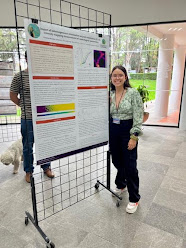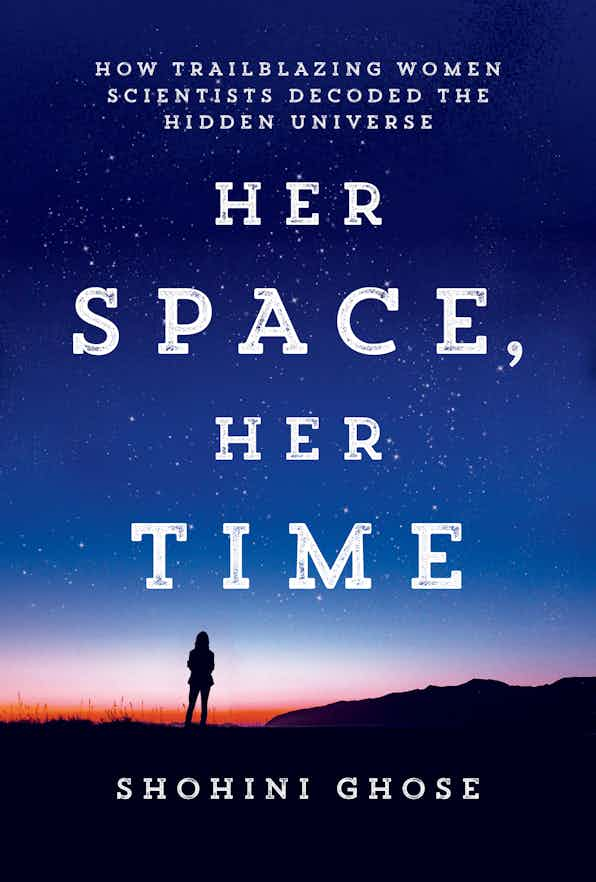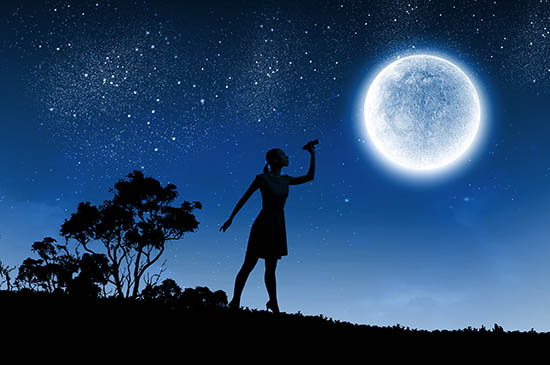AAS Committee on the Status of Women
Issue of October 27, 2023
eds: Jeremy Bailin, Nicolle Zellner, Sethanne Howard, and Hannah Jang-Condell
[We hope you all are taking care of yourselves and each other. --eds.]
 |
| From Item #1 |
1. Meet Central American-Caribbean Astronomy Bridge Program Fellows - Part 4
2. Margaret Burbidge Visiting Professorship
3. Women faculty feel ‘pushed’ from academia by poor workplace climate
4. Job Opportunities
5. How to Submit to the AASWomen Newsletter
6. How to Subscribe or Unsubscribe to the AASWomen Newsletter
7. Access to Past Issues of the AASWomen Newsletter
An online version of this newsletter will be available at http://womeninastronomy.blogspot.com/ at 3:00 PM ET every Friday.
-------------------------------------------------------------------------------
1. Meet Central American-Caribbean Astronomy Bridge Program Fellows - Part 4
From: Catalina Morales-Gutiérrez via womeninastronomy.blogspot.com
I am from San Jose, Costa Rica and I am very passionate about science and outreach. My journey began as a student at the University of Costa Rica, pursuing a major in Food Engineering. It took just 1.5 years for me to discover that my true passion and purpose lay in the field of Physics. Although, my actual journey began as a kid, inspired by scientists and their ability to both conduct research and effectively communicate their findings. But also, while playing with my favorite toys a microscope and my dad's old binoculars – using them to explore the wonders of the world, from the tiny details in everyday objects to trying to identify constellations.
Read more at
https://womeninastronomy.blogspot.com/2023/10/meet-central-american-caribbean.html
-------------------------------------------------------------------------------
2. Margaret Burbidge Visiting Professorship
From: Shelley Wright [s2wright_at_ucsd.edu]
We wanted to bring to your attention that UC San Diego currently has its nomination process open for the Margaret Burbidge Visiting Professorship. This position offers support to women faculty members that wish to visit UC San Diego Astronomy & Astrophysics that includes a weekly stipend and potential support for child-care expenses if needed.
For more information please see
https://astro.ucsd.edu/research/burbidge/index.html
-------------------------------------------------------------------------------
3. Women faculty feel ‘pushed’ from academia by poor workplace climate
From: Jeremy Bailin [jbailin_at_ua.edu]
By Christie Wilcox
Within the first 20 years of a faculty member’s career post-Ph.D., attrition rates range from approximately 2% to 5%—and at all stages that number is higher for women. That’s according to an analysis of employment records for nearly 250,000 U.S. faculty, published today in Science Advances. A follow-up survey of 10,000 of these researchers revealed that most left—or would leave—because they felt “pushed” out of academia rather than “pulled” toward a better opportunity, and this is especially true for women. The gender gap also increased with seniority: Women full professors are 19% more likely than men at the same career stage to leave academia, as compared with 6% for women assistant professors and 10% for associates. Women’s attrition rates were also higher at less prestigious schools and in non-STEM fields.
Read more at
https://www.science.org/content/article/women-faculty-feel-pushed-academia-poor-workplace-climate
and
https://www.nature.com/articles/d41586-023-03251-8
Read the peer-reviewed article at
https://www.science.org/doi/10.1126/sciadv.adi2205
-------------------------------------------------------------------------------
4. Job Opportunities
For those interested in increasing excellence and diversity in their organizations, a list of resources and advice is here:
https://aas.org/comms/cswa/resources/Diversity#howtoincrease
- Clinical Assistant Professor, Liberal Studies at New York University
https://apply.interfolio.com/131842
-------------------------------------------------------------------------------
5. How to Submit to the AASWOMEN newsletter
To submit an item to the AASWOMEN newsletter, including replies to topics, send email to aaswomen_at_lists.aas.org .
All material will be posted unless you tell us otherwise, including your email address.
When submitting a job posting for inclusion in the newsletter, please include a one-line description and a link to the full job posting.
Please remember to replace "_at_" in the e-mail address above.
--------------------------------------------------------------------------------
6. How to Subscribe or Unsubscribe to the AASWOMEN newsletter
Join AAS Women List through the online portal:
To Subscribe, go to https://aas.simplelists.com/aaswlist/subscribe/ and enter your name and email address, and click Subscribe. You will be sent an email with a link to click to confirm subscription.
To unsubscribe from AAS Women by email:
Go to https://aas.simplelists.com/aaswlist/subscribe/ , in the "My account and unsubscriptions", type your email address. You will receive an email with a link to access your account, from there you can click the unsubscribe link for this mailing list.
--------------------------------------------------------------------------------
7. Access to Past Issues
https://aas.org/comms/cswa/AASWOMEN
Each annual summary includes an index of topics covered.




